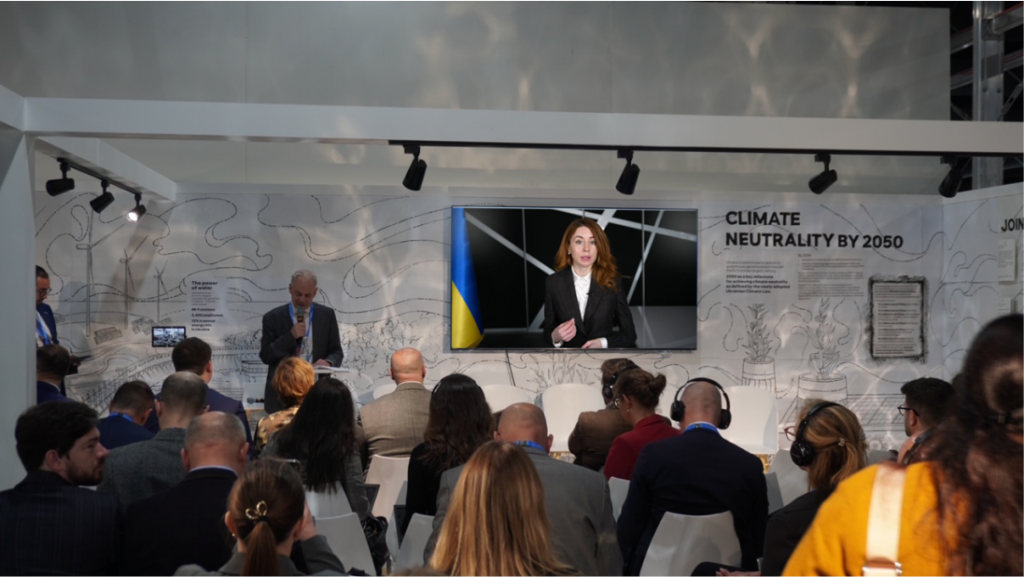The share of renewables in electricity production is to reach 32% by 2050: International Renewable Energy Agency presents first regional studies at COP29
At the UN Climate Conference COP29, the event ‘Overcoming obstacles to renewable energy integration in the Eastern Partnership countries’ was held, where the key topics were barriers and opportunities for the transition to green energy. The Eastern Partnership includes Ukraine, Moldova, Georgia, Armenia, Azerbaijan and Belarus. The International Renewable Energy Agency (IRENA) predicts that by 2050, the share of renewable energy sources (RES) in electricity production in these countries should reach 32%.
‘Ukraine, even in times of war, continues to pursue a green transition, demonstrating the ambitiousness of its climate goals. Our task is to join forces with our European partners to create an energy system independent of fossil fuels and ensure a fair transformation of coal regions. A successful green transition is the key to our energy independence and climate resilience,’ said Svitlana Grinchuk, Minister of Environmental Protection and Natural Resources of Ukraine, in a video message.
Representatives of Ukraine, the European Commission, the International Renewable Energy Agency (IRENA), the EBRD, WindEurope, SolarPower Europe and other organisations discussed the potential for attracting international investment in renewable energy, technical innovations such as wind and solar power plants, and strategies for the fair transformation of coal regions. According to the International Renewable Energy Agency, demand for electricity will increase significantly by 2050, which underscores the urgency of accelerating the deployment of renewable energy.
The Ministry of Ecology is currently actively implementing innovative measures to improve natural resource management and environmental protection. The main areas of work include the development of environmental policy aimed at achieving global sustainable development goals, in particular, in terms of biodiversity conservation and reducing environmental pollution.
Another key aspect is the Ministry’s close cooperation with Ukrainian business and local governments to achieve common environmental goals. As part of these initiatives, extended producer responsibility (EPR) models are being actively developed to not only reduce the environmental footprint but also stimulate the development of environmentally friendly technologies.
